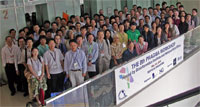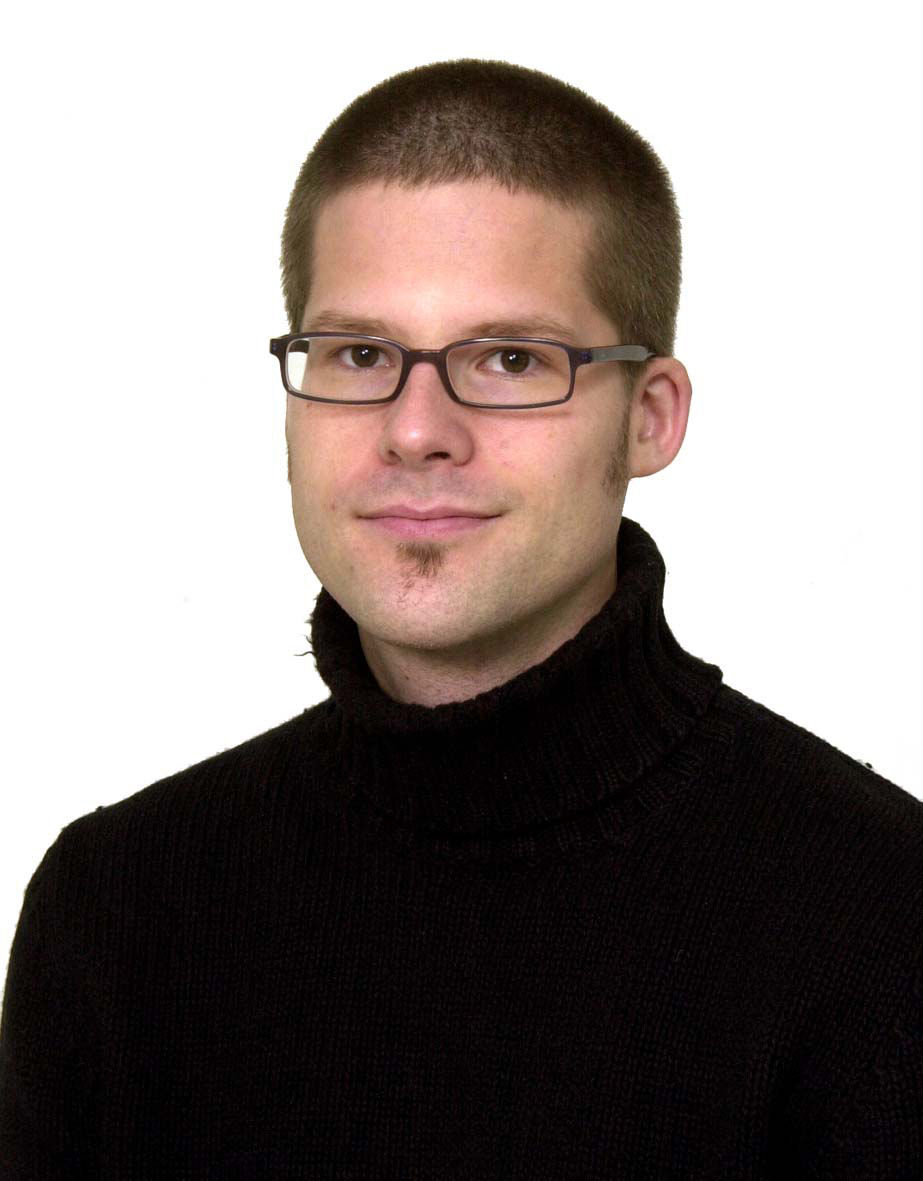 | Thursday, September 29, 2005 |
|
Thursday, September 29 2:30 p.m. Theoretical Physics Seminar - Curia II Speaker: J. Hubisz, Fermilab Title: Little Higgs Phenomenology: Past, Present, and Future 3:30 p.m. Director's Coffee Break - 2nd Flr X-Over Note: There will be no Accelerator Physics and Technology Seminar today
Friday, September 30 |
|
Extended Forecast |
Secon Level 3 |
|
Thursday, September 29 - Tomato Florentine - Grilled Chicken Cordon Bleu Sandwich - Chimichangas - Chicken Marsala - Smoked Turkey Melt - Italian Sausage Calzones - SW Chicken Salad with Roasted Corn Salsa The Wilson Hall Cafe accepts Visa, Master Card, Discover and American Express at Cash Register #1. |
|
Thursday, September 29 Dinner - Corn Chowder w/Spicy Red Pepper -Lobster Medallions w/White Wine Sauce -Spaghetti Squash w/Green Onions -Sauteed Pea Pods -Chocolate Almond Napoleons
Wednesday, October 5
Chez Leon Menu |
| Fermilab Today is online at: http://www.fnal.gov/today/ Send comments and suggestions to today@fnal.gov Fermilab Today archive Hurricane Relief Page Fermilab Today PDF Version Fermilab Result of the Week archive Fermilab Safety Tip of the Week archive Linear Collider News archive Fermilab Today classifieds Subscribe/Unsubscribe to |
PRAGMA Promotes Pacific Rim Collaboration
"In the last ten years, enough physical and social infrastructures have been put in place to support true international collaboration," said Peter Arzberger, chair of the PRAGMA Steering Committee. "Instead of a series of bilateral relationships, we wanted to do things in a multilateral fashion."
|
|
Aurora University News Release September 26, 2005: Aurora University Submits Proposal for Yerkes Observatory AURORA, Ill.- Aurora University submitted a proposal on Friday to purchase Yerkes Observatory and the surrounding acreage and buildings located in Williams Bay, Wis., owned by the University of Chicago. "Our goal is to maximize the long-term educational use of one of America’s significant scientific icons and to preserve its physical structure and heritage," said Rebecca L. Sherrick, president of Aurora University. "We are very conscious of the genuine pride that local residents take in Yerkes and the lake community’s dedication to responsible development and careful stewardship of the environment," Sherrick said. "The university’s plan is to balance the preservation and conservation of the land and the facility, while at the same time meeting the needs of Aurora University and the local community." The proposal submitted by the university calls for purchasing a 79-acre parcel of land, including the Yerkes Observatory and telescope, as well as supporting structures. The observatory and 40 acres of land is located adjacent to the George Williams Campus of Aurora University in Williams Bay.
|
| DZero: Top Goes All the Way |
||
| ||
|
The top quark is a remarkable particle; it lives for only a trillionth of a trillionth of a second and is the heaviest known elementary particle. The only place where top quarks can be produced directly and studied in detail is the Fermilab Tevatron collider. Most top quark studies performed so far use events containing electrons, muons or tau leptons. However, the most abundant source of top quark events is the "all-hadronic" sample. Unfortunately, many tens of thousands of very similar "background" collisions occur for every top quark pair that is produced. Therefore, identifying a sample of top quark events in the all-hadronic sample is very challenging. Nevertheless, it is important to check that top quarks are observed in this sample at a rate consistent with expectations based on the measurements by CDF and DZero experiments in channels containing electrons, muons or tau leptons. The DZero experiment has managed to isolate a sample of these all-hadronic top quark pairs by requiring the presence of at least six particle jets. The measurement exploits the fact that b quarks are expected in every top quark event. However, even after requiring the presence of b-quark jets there still is more than a hundred times more background than top quarks present, which is why an artificial neural network (a sophisticated computer program that fully recognizes correlations among many variables) is used to distinguish top quark pairs from background collisions. Even after that, there is still about ten times more background than signal, but this is good enough to confirm that the number of top quark pairs that was found is consistent with our expectations.
|
||
| ||
|
||
| Result of the Week Archive |
|
September 26 - 28 - During this 48 hour period: 1 store plus existing store provided 33 hours and 45 minutes of luminosity - "Recycler only" store 4402: 119E30 - Pbar stack lost - Two TeV quenches - Recycler record for storing antiprotons: 247E10
Read the Current Accelerator Update
|
|
Women's Organization Luncheon
There will be plenty of food and lively conversation at the NALWO Annual Autumn Luncheon Monday, October 17.
Volunteer for Girl Scout Projects
|






